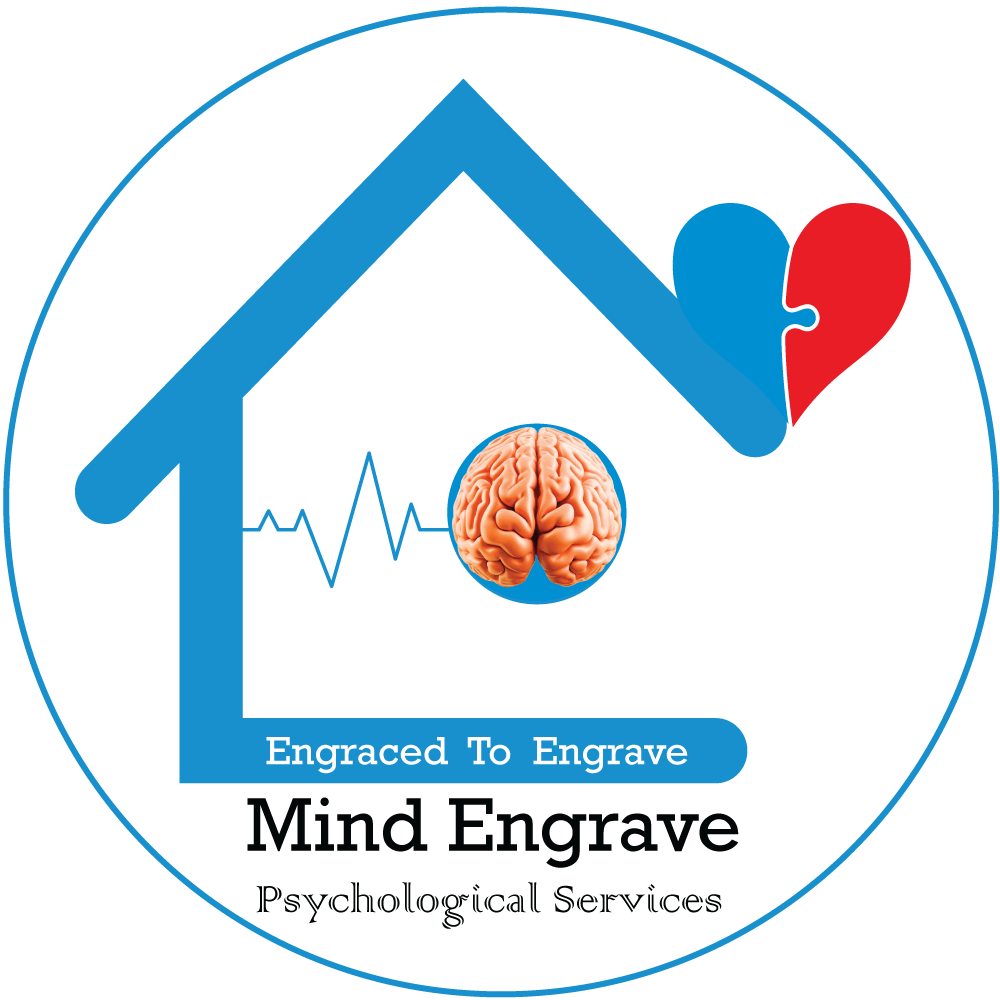CBT Intervention Cuts Postpartum Anxiety by 70%
A Game‑Changer for New Mothers
The transition to motherhood can be fraught with emotional upheaval, talking about hormonal shifts, disrupted sleep, and the demands of caring for a newborn, often precipitate anxiety. A groundbreaking study published in Nature Medicine (Accortt et al., 2024) evaluated “Happy Mother–Healthy Baby,” a low‑resource, group-based cognitive behavioral therapy (CBT) program delivered during pregnancy. The results were striking such that new‑onset postpartum anxiety fell from 27% among controls to just 9% in the intervention group, a roughly 70% relative reduction.
Study Overview
Between 2020 and 2023, over 400 pregnant participants without active mood or anxiety disorders were randomized to either the CBT program or routine prenatal care. The intervention comprised six 90‑minute sessions led by trained facilitators (non‑specialist health workers), focusing on identifying anxious thoughts, problem‑solving strategies, and stress‐management techniques. By three months postpartum, only 9% of women in the CBT arm met criteria for an anxiety disorder, compared to 27% in the control arm (Accortt et al., 2024).
This outcome has varied implications for clinical practice and personal lives. With respect to clinical practice, there is implication for scalability, prevention, and training opportunities. The fact that the program relies on non‑specialist facilitators, it can be implemented widely, even in resource‑limited settings, which speaks loudly to its scalability. Further, proactively targeting anxiety risk during pregnancy shifts care from treatment to prevention, potentially reducing demand on mental health services postpartum, hence prevention focus. Lastly on this point, obstetric clinics can collaborate with community health centers to train nurses, midwives, and peer counselors in basic CBT skills, creating a sustainable support network, hence offering training opportunities.
For expectant mothers, they can begin to notice and gently challenge anxious “what‑if” thoughts—asking, “Is this thought based on facts or fear?” so as to deflate worry before it spirals. Also, the study highlights structured problem-solving wherein breaking larger concerns, such as “What if baby won’t sleep?” into manageable steps by researching sleep tips, planning flexible routines, can provide a sense of control. Beyond structured problem‑solving, small group discussions, in person or virtual, offer normalization and shared coping strategies, reducing isolation, hence underscoring peer support. Lastly, the study suggested that mind‑body techniques such as incorporating brief breathing exercises or gentle prenatal yoga between sessions helps regulate physiological arousal.
The “Happy Mother–Healthy Baby” program underscores those modest investments in preventive mental health care during pregnancy can yield transformative benefits—slashing postpartum anxiety rates and empowering new mothers. By integrating low‑resource CBT into routine prenatal services and encouraging simple daily practices, clinicians and families alike can foster stronger emotional resilience in the critical perinatal period.
Reference:
Accortt, E. E., et al. (2024). Intervention reduces likelihood of developing postpartum anxiety and depression by more than 70%. Nature Medicine. Available at NIMH

Odusanya Adedeji
Odusanya Adedeji A., is a Licensed & Certified Clinical Psychologist whose domain of expertise cuts across management of specific mental health issues such as, Depression, PTSD, Anxiety & Anxiety related disorders, substance use disorder, etc


